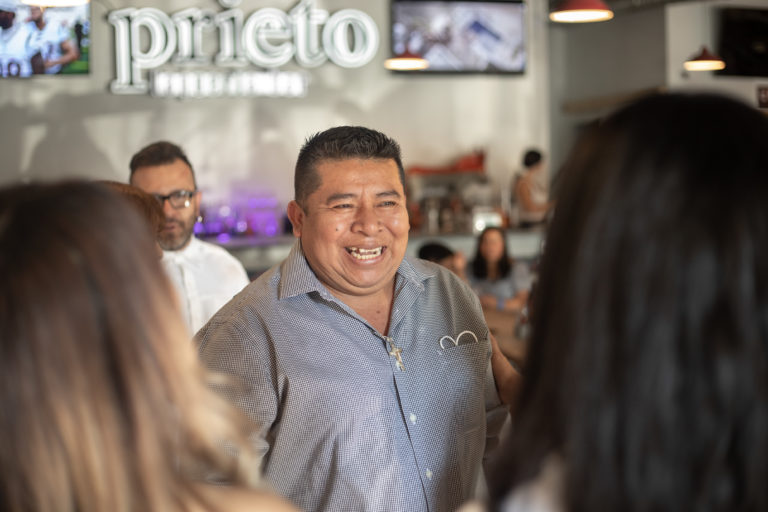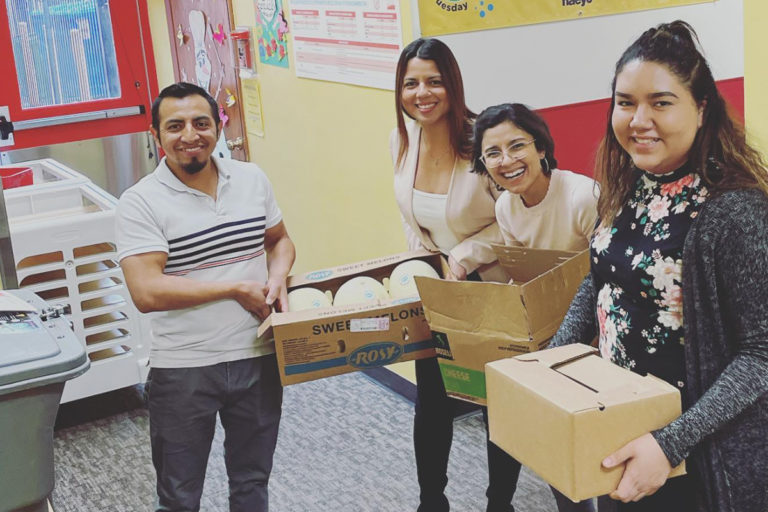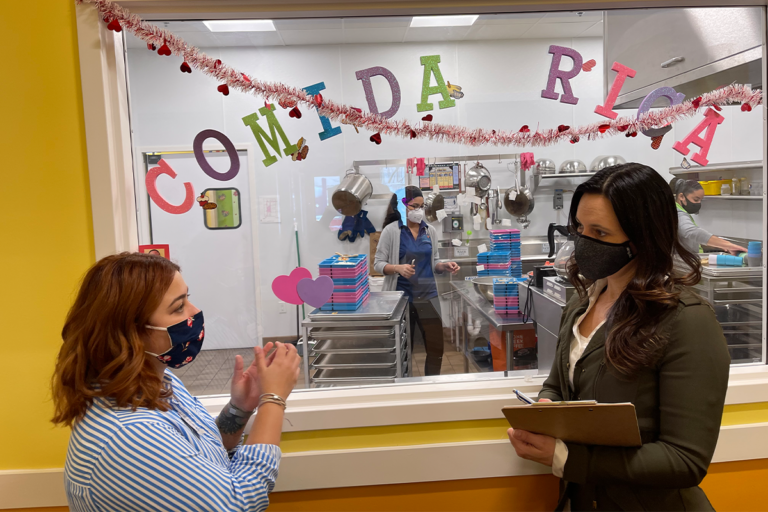How to Teach Toddlers About Healthy Relationships
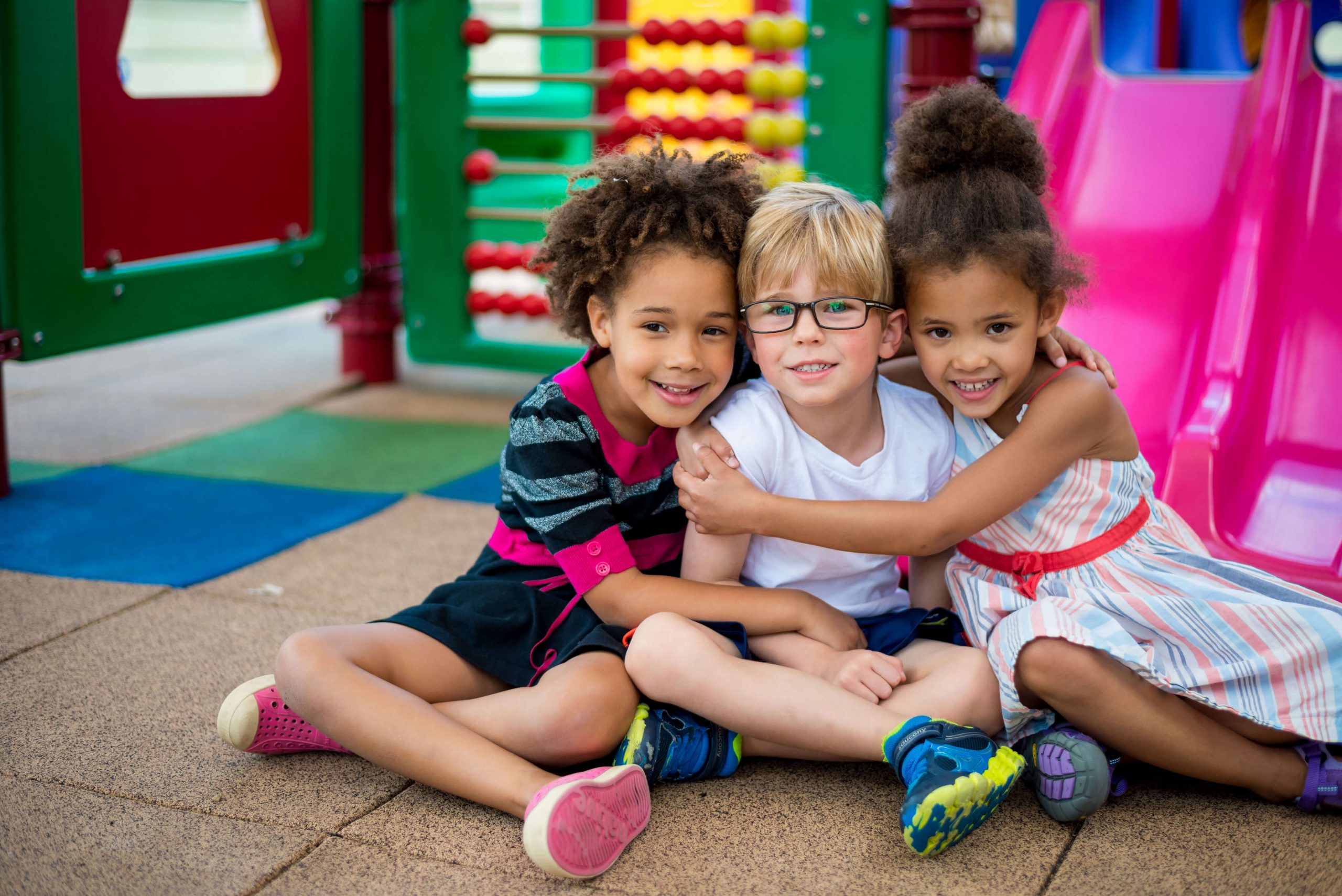
Parents want their children to grow up to be kind and supportive members of their communities. The most significant step in reaching this goal learning how to foster healthy relationships. Young children can gain relationship-building tools by learning how to check-in, name their feelings, communicate well, and resolve conflict in a productive way. It’s never too early to begin teaching children about healthy relationships. In fact, the earlier they start thinking about social boundaries and emotions, the better the outcomes may be later in life.
What Are Healthy Relationships?
A healthy relationship is one in which both people feel safe and respected. Even toddlers can learn that healthy relationships are with people who are: kind, caring, receptive, comfortable, respectful, safe, and supportive.
Learning about healthy relationships from a young age will help your child develop good habits and be more likely to maintain long-lasting relationships later in life. The right preschool provides building blocks for healthy relationships by teaching young kids to share, play well with others, and to respect boundaries. Exposure to structured, nurturing environments with other kids helps children develop essential skills like empathy, problem-solving, and resilience. When toddlers are given the opportunity to have positive social interactions, they gain a sense of self-confidence which helps with emotional regulation and the ability to express their feelings.
Tips for Teaching Healthy Relationships to Toddlers
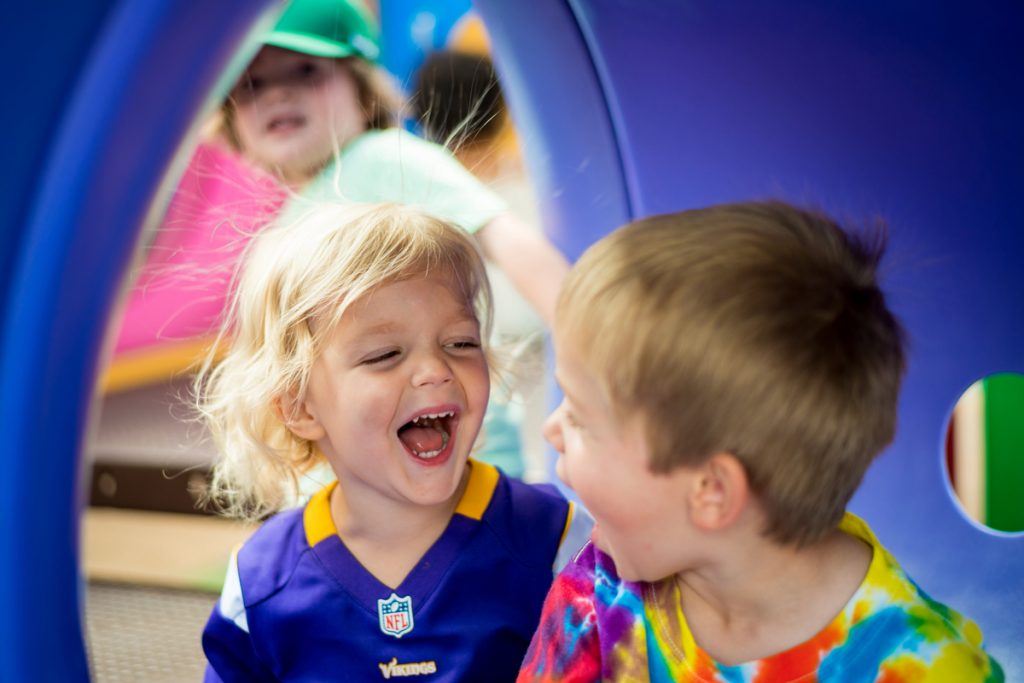
Naming Feelings and Communicating
One important way to help toddlers build relationships is to teach them to name their feelings. Connecting language to feeling can help them make sense of their experiences through words – the first step toward conflict resolution. According to Zero to Three, “Teaching children the words for emotions is important because, over time, it gives children the ability to talk about their feelings instead of acting them out.”
Parents should use age-appropriate language to communicate concepts like kindness and respect. You might say something like, When we share, it makes our friends happy, or You may not hit because hitting hurts.
Parents should encourage children to openly and respectfully express their feelings. It is equally as important for parents to validate the feelings their child shares with them and to be open to expressing their own, too. This kind of emotional communication fosters trust and a sense of significance in young children.
Here are some strategies for teaching emotional communication, from Zero to Three:
– Put your child’s feelings into words: When your brother took your paintbrush, you felt really angry.
– Share your own feelings as well: I am so frustrated that I can’t find my keys.
– Read books about feelings. Ask your local librarian for suggestions for children’s books that talk about feelings. Some ideas include: My Many- Colored Days by Dr. Seuss, Lots of Feelings by Shelly Rotner, and The Feelings Book by Todd Parr.
Handling Conflict
In moments of conflict, children — like adults — experience intense emotions. Parents can help control outbursts by asking children to identify and name their emotions, such as anger or hurt, so that the resolution process can begin instead of a tantrum. One way to do this is through a feelings chart that illustrates different emotions through facial expressions. Children can point at the face that is most like how they feel right now. A stoplight or emotional thermometer system can help children identify how upset they are in a heated moment so they can decide whether they need time to calm down before resolving a problem.
Here is a strategy that parents can use to resolve conflict, from Zero to Three:
– Help your child express his feelings in age-appropriate ways. Give your child acceptable ways to share strong feelings. For example, toddlers can rip paper, stomp their feet, or throw a foam ball when they are very mad. Help your little one understand there are many healthy, non- hurtful ways of expressing feelings.
Setting and Respecting Boundaries
According to researchers at Michigan State University, “Setting boundaries and expectations for children can assist in building life skills that include; patience, problem solving, resourcefulness, responsibility, and self-discipline.”
Parents should teach toddlers that their bodies and feelings are important. These ideas should be communicated in age-appropriate ways. Kidshealthhub.ca has a great resource for parents to help toddlers formulate and set their own boundaries. They recommend giving kids the option to say “no” to something that makes them uncomfortable, like a hug, helps them understand their ability to draw their own boundary lines.
Learning how to verbalize their needs and desires is also an important part of the creation of boundaries. Parents should teach kids to vocalize and communicate clearly what they need instead of just taking or doing something without asking. For example, when a toddler wants a snack, teach them to say, “Can I have a snack, please?” instead of whining or grabbing.
Modeling Healthy Relationships
Children learn by watching the adults around them. Parents and caregivers must model kindness, patience, and healthy communication. This means that parents should keep their relationships healthy too. Showing affection, practicing forgiveness, and taking accountability for your actions at home are great ways to model a healthy relationship. It is important to resolve conflicts at home constructively and calmly so that toddlers can learn what real life conflict resolution looks like.
Parents should express their own emotions respectfully. You may even explain to your child how you are taking steps to manage intense emotions in the moment by saying something like, I’m feeling upset right now, so I need to take deep breaths before we talk about this. You might also find opportunities to demonstrate and explain positive interactions between you and family members as well.
Understanding Kindness & Empathy
Storytelling is a wonderful way to expose children to models of healthy relationships and communication. PBS’ kid’s parenting blog puts it this way, “When your kids listen to you share a story, they’re also learning to take an interest in the thoughts and feelings of others.
Through the stories you share and talk about, your kids discover what it means to listen and care. Reading together leads to empathy — when kids can listen and understand the thoughts and feelings of others and show that they care.” Try reading a storybook to your child that puts into practice values you would like to see grow in them.
Addressing Unhealthy Relationships & Behavior
Teaching kids about unhealthy relationships and unacceptable behavior is just as important as modeling good ones. Discussing unhealthy and unacceptable behaviors such as bullying, manipulation, lying, and disrespect is an important part of learning healthy relationships too.
For example, if your child has been called a name by a peer and feels upset you can validate their feelings by saying something like, It’s okay to tell your friend, ‘I don’t like that. Please call me by my name.’ Encouraging toddlers to speak up if they experience a negative interaction is an important tool for creating healthy social relationships.
Using Play to Reinforce Lessons
Role-playing with dolls, stuffed animals, or puppets can help toddlers understand different relationship dynamics. Role playing is a safe way to act out scenarios without real world consequences. Engaging in cooperative play with your child is a way of modeling teamwork and empathy that also makes them feel loved. Playing games that require teamwork, like building towers or doing puzzles together, is a great place to start.

Healthy Relationships at Casa de Corazón
Here at Casa, healthy relationships are one of our core values. One way we promote relationship skill-building in toddlers is through the wheel of choice technique. When conflict arises, the children involved will be asked to choose how they want to proceed to improve the situation, using the wheel of choice. Their options include: counting to ten, sharing and taking turns, working it out together, going to a cool-off spot, asking them to stop, or being a friend. This effective model gives children concrete ways to channel their emotions and solve interpersonal problems.
Casa de Corazón considers all staff, children, and parents our extended family. We are committed to developing caring, loving, and genuine relationships between each person who comes through our centers. Healthy kids build healthy relationships and those build healthy communities. We hope to meet you soon!

